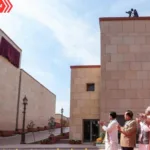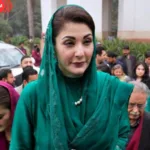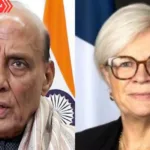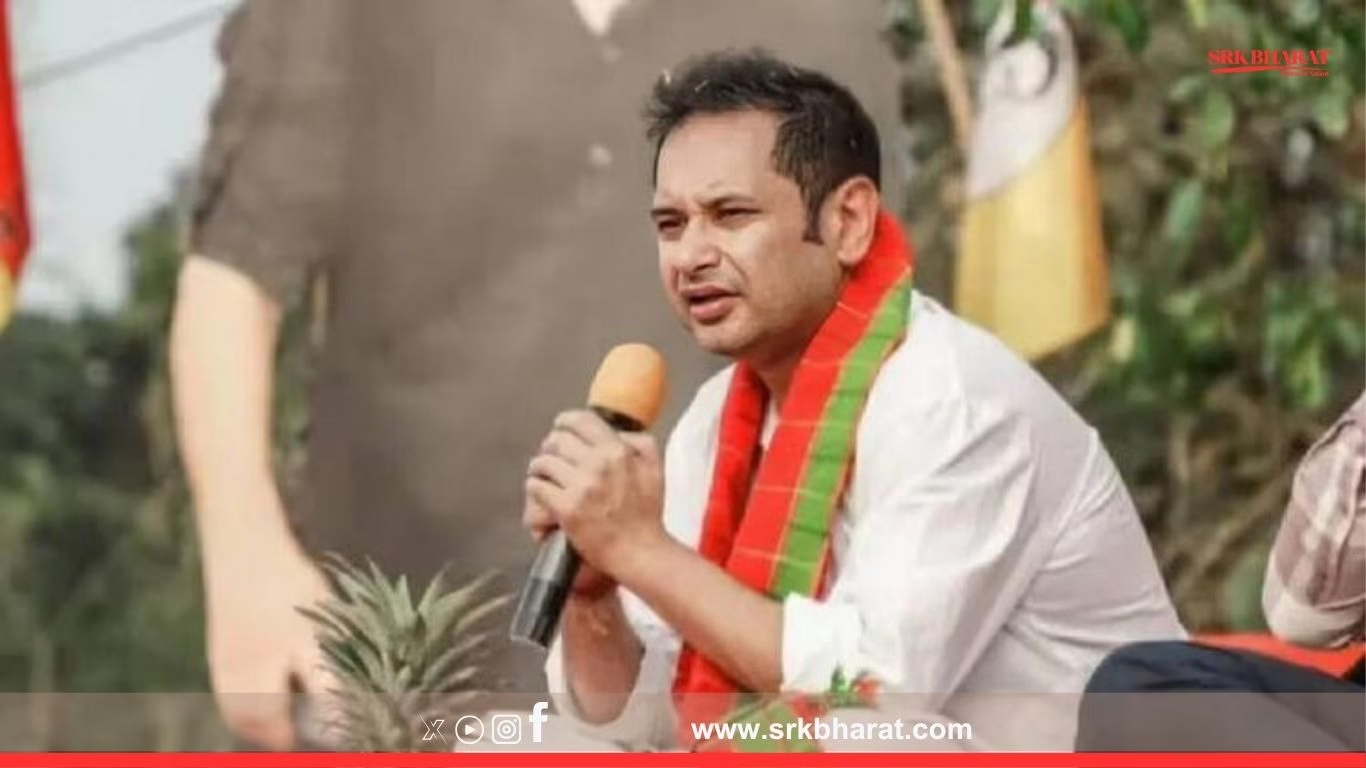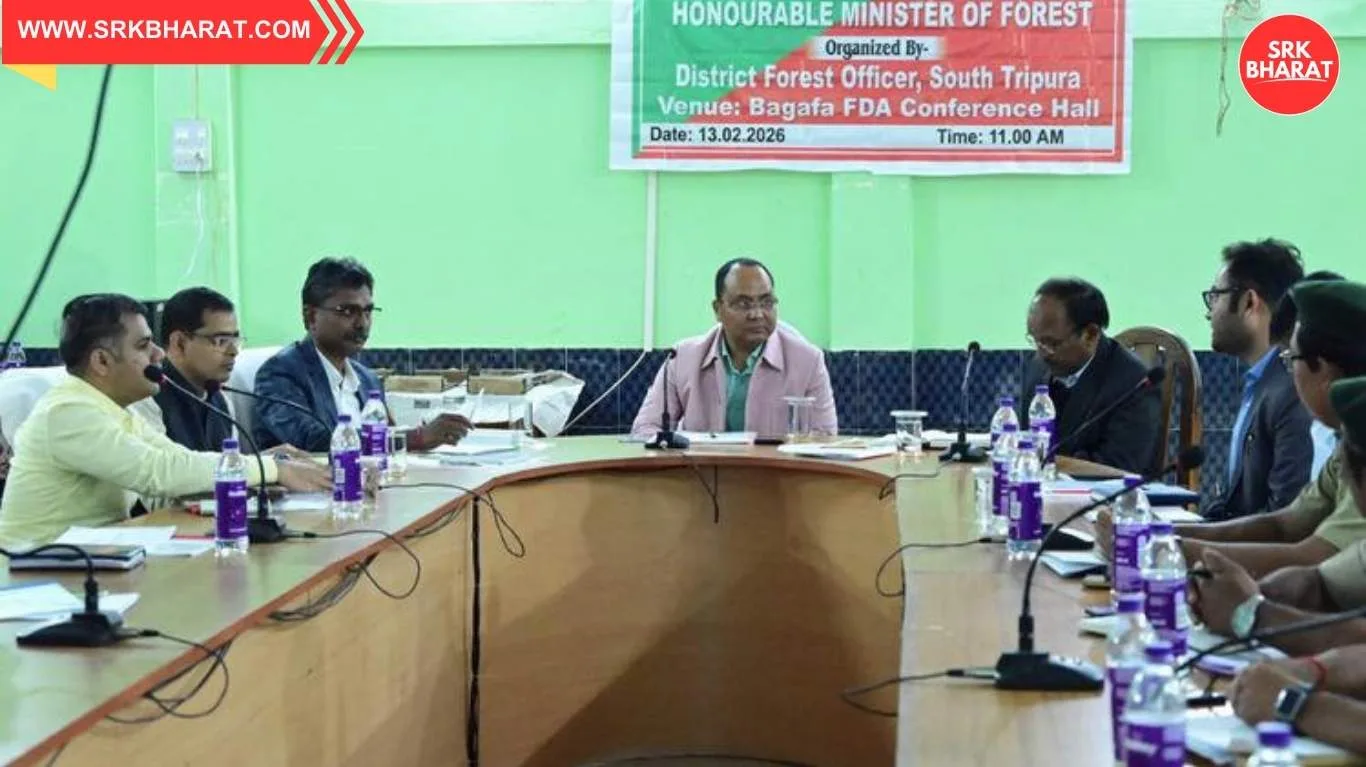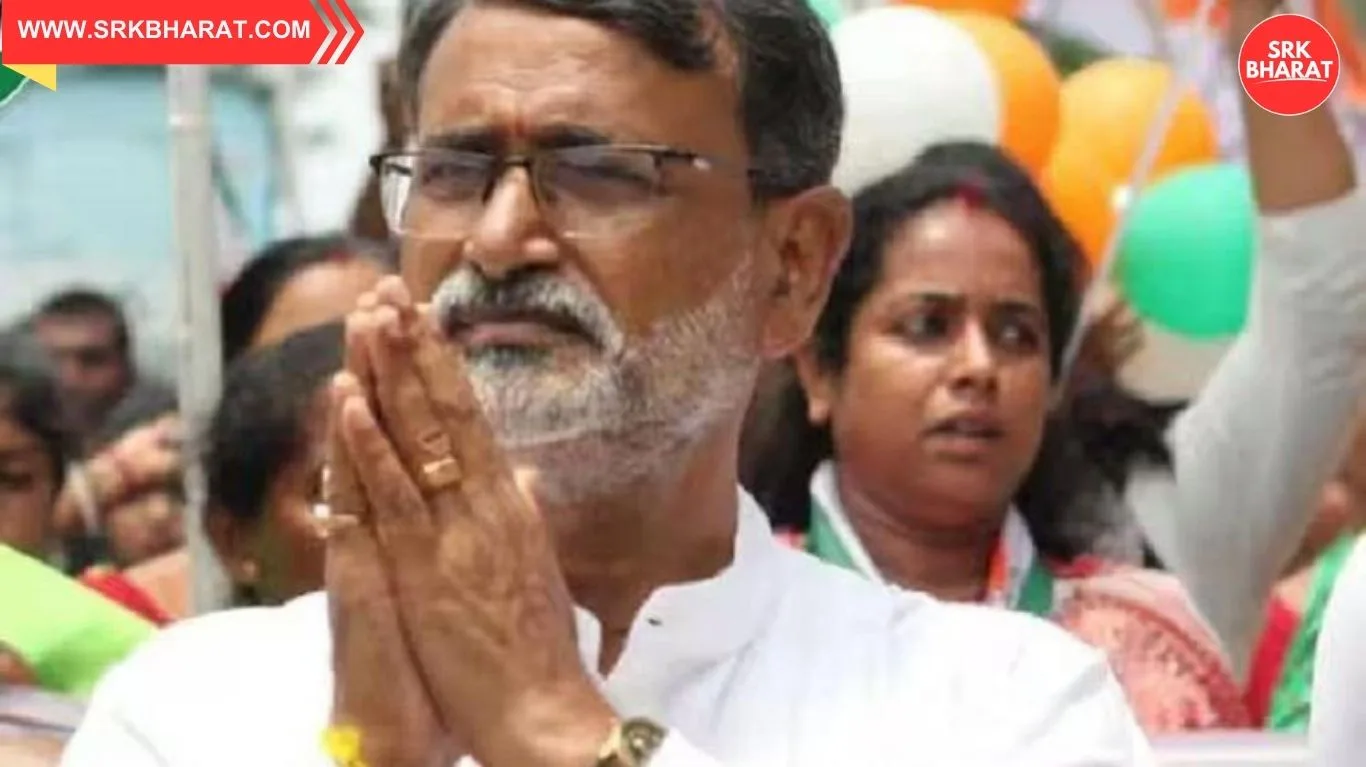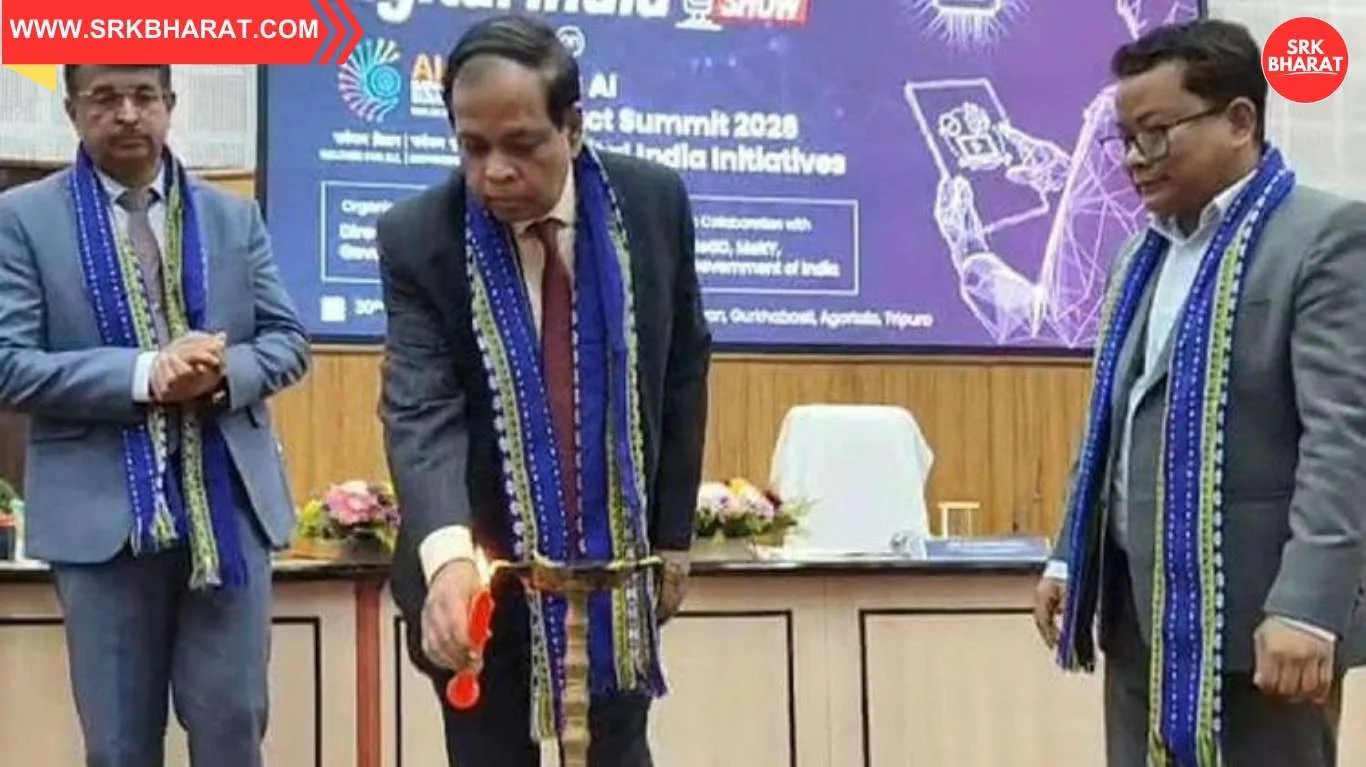In a politically charged development with potential ramifications for ethnic balance and border security in Northeast India, Tipra Motha chief Pradyot Kishore Manikya Debbarma has publicly demanded the formation of a dedicated panel under the Tripura Tribal Areas Autonomous District Council (TTAADC) to detect and monitor illegal immigrants within the district council areas. The royal scion and influential tribal leader stated that unchecked illegal immigration poses a direct threat to the indigenous identity, security, and demography of the region.
Addressing a gathering of tribal leaders and youth activists in Khumulwng, Pradyot underscored the urgency of a proactive mechanism that goes beyond the routine surveillance by central and state agencies. He stressed that the Autonomous District Council should exercise its constitutional and legislative authority to protect the rights of the native tribal communities of Tripura — a state historically impacted by demographic shifts post-Partition and following the 1971 Bangladesh Liberation War.
Background: Ethnic Demographics and Illegal Immigration Concerns
Tripura has long grappled with anxieties over illegal immigration, particularly from neighboring Bangladesh. Over the decades, large-scale migration altered the ethnic makeup of the state, with indigenous tribal communities now constituting roughly 30% of the population — a sharp decline from the majority they once held.
This demographic transition has sparked repeated agitations from tribal parties and social groups seeking restoration of ancestral rights and protection of tribal lands under the Sixth Schedule provisions.
| Year | Indigenous Population (%) | Non-Tribal Population (%) |
|---|---|---|
| 1951 | 63.77 | 36.23 |
| 1971 | 39.38 | 60.62 |
| 2021 | 31.78 | 68.22 |
The statistics highlight the scale of demographic change, which leaders like Pradyot claim has been further exacerbated by illegal settlements in protected tribal areas.
What Pradyot is Demanding
Pradyot has proposed the creation of a Special Identification and Verification Panel (SIVP) under the aegis of the TTAADC. This body would be tasked with:
- Identifying and tracking suspected cases of illegal immigration in ADC areas
- Verifying land and domicile documents of settlers in sensitive zones
- Collaborating with village councils and community elders to gather ground-level data
- Forwarding cases to relevant authorities for action under applicable laws
- Submitting periodic reports to the Council and state government
He insisted that the panel should be inclusive, comprising representatives from indigenous communities, legal experts, retired bureaucrats, and local administration officials. He argued that such a system is essential to ensure objectivity and transparency in the process.
TTAADC’s Constitutional Role
The TTAADC operates under the Sixth Schedule of the Indian Constitution, which grants autonomous administrative powers to protect tribal rights over land, culture, and governance. However, critics argue that the Council has so far been largely symbolic in its authority and implementation mechanisms.
Pradyot’s push is aimed at invigorating the Council into playing a more proactive role, particularly on the issue of illegal infiltration, which has remained a sore point among tribal communities for decades.
| Proposed Roles of SIVP Panel | Details |
|---|---|
| Data Collection | Ground-level census in villages, border belts, and forest settlements |
| Document Scrutiny | Voter ID, land deeds, ration cards, and migration certificates |
| Local Intelligence Inputs | Involvement of village council leaders, social watchdogs |
| Coordination with Police | Handover of suspect cases to border security and police for follow-up |
| Report Compilation | Quarterly status reports to be tabled in TTAADC meetings |
Political Ramifications of the Demand
The demand comes at a politically sensitive time, as Tripura gears up for local body elections and rising ethnic undercurrents threaten to polarize the electorate. While Pradyot has maintained that his intent is not to target any community but to preserve indigenous rights, opposition parties and civil society groups have warned against any moves that could deepen divisions or violate human rights.
The ruling BJP has so far not responded officially to the demand. However, state-level sources suggest that any such panel will need clear legislative backing to avoid overlapping with the jurisdiction of state law enforcement and immigration agencies.
Public Reaction and Civil Society Concerns
The proposal has drawn mixed reactions. Tribal advocacy groups, particularly from the Twipra and Jamatia clans, have come out in support, terming it a “long-overdue necessity.” Several tribal elders also cited examples of forest encroachment, changes in electoral rolls, and illegal settlements near rivers and hill slopes.
On the other hand, human rights advocates and mainstream political leaders have warned of potential misuse of such a panel. “There must be safeguards. We cannot have a situation where tribal unity is pursued at the cost of targeting specific groups based on appearance or language,” said a retired Tripura High Court judge who wished to remain anonymous.
Regional Comparison
Tripura is not alone in facing the challenge of cross-border migration. Neighboring Assam has had a long history of anti-immigration agitations, leading to the controversial National Register of Citizens (NRC) process. However, while Assam’s NRC focused state-wide, Pradyot’s model for Tripura is targeted specifically at the Sixth Schedule tribal areas.
| State | Illegal Immigration Measures | Tribal Council Involvement |
|---|---|---|
| Assam | NRC, Border Police Force | Limited |
| Meghalaya | Inner Line Permit (ILP) | High |
| Mizoram | ILP, Tribal Pass Laws | Strong |
| Tripura | Under discussion | Proposed by Pradyot |
The Way Forward
The demand has stirred both hope and caution in political and civil circles. While many agree on the need to protect the demography and constitutional rights of Tripura’s indigenous communities, the implementation of such a sensitive initiative requires consensus, legal safeguards, and clarity on administrative jurisdiction.
Pradyot has hinted at organizing community consultations across all tribal blocks in the coming months to refine the framework and mobilize grassroots support. He also emphasized the need for central support, urging the Union Home Ministry to recognize the challenges faced by ADCs in border states.
The state government is expected to deliberate on the proposal in the upcoming session of the TTAADC and may form a study committee before granting official approval.
Disclaimer: This article is intended purely for informational purposes and aims to provide a balanced overview of the developing issue. All data and political opinions presented are based on publicly available sources and local reports. The final implementation or acceptance of any panel or verification process remains subject to legal and governmental procedures.

